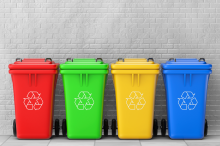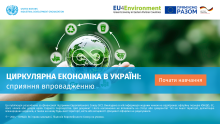Piňatex® by Ananas Anam
Ananas Anam is a UK company known for its innovative approach to sustainable materials. The company specializes in Piňatex®, a sustainable alternative to textiles made from pineapple leaf fibers. Piňatex® offers low impact textile solutions that helps brands and industries to reduce their emissions and achieve their climate and sustainability goals.

